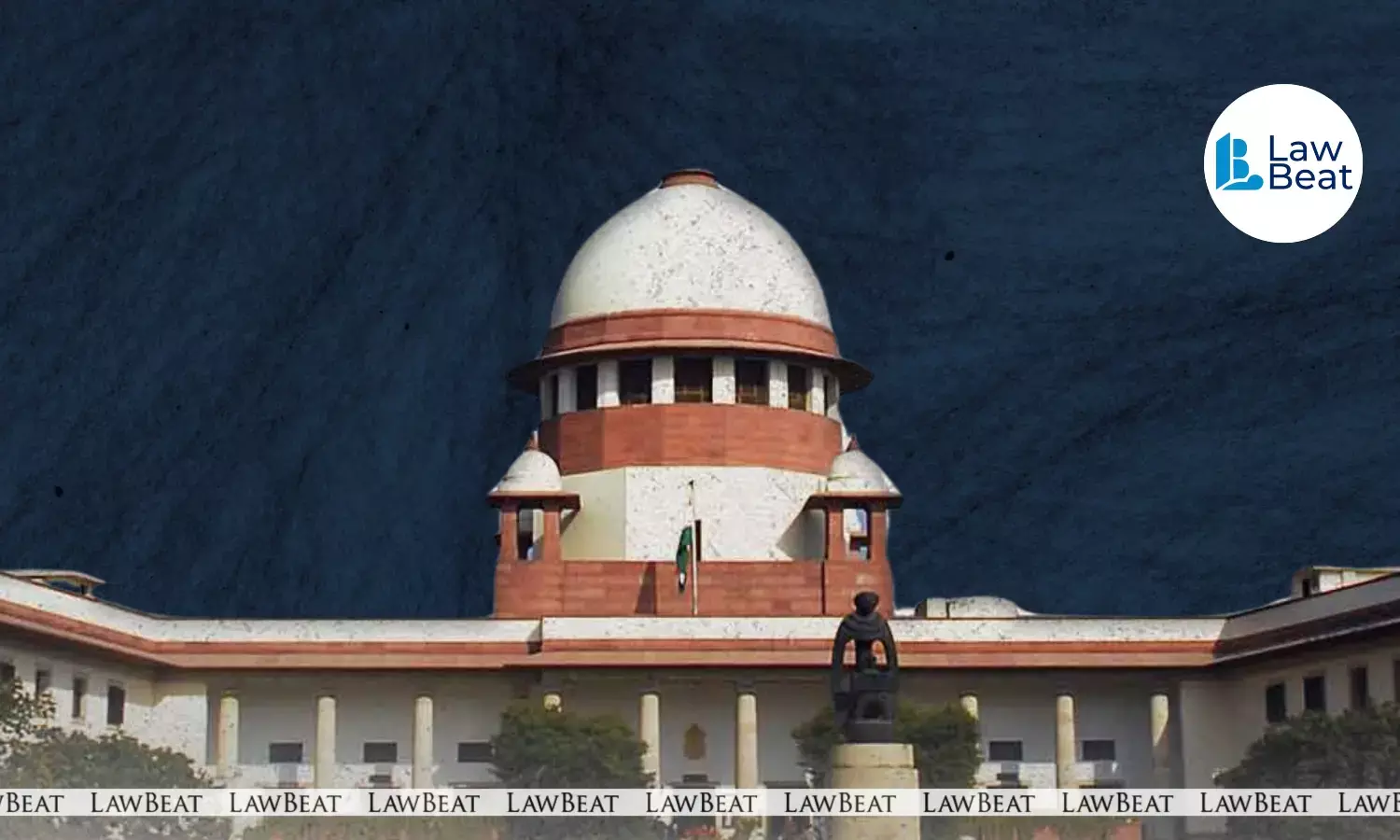PIL before Supreme Court challenges implementation of Ethanol Blended Petrol

Supreme Court
A PIL has been filed before Supreme Court of India against the 'forced and unregulated' implementation of Ethanol Blended Petrol (EBP) across the country.
An interim relief has also been sought to ensure that petrol as compatible for majority of the vehicular fleet in India is made available. A direction to mandatorily label ethanol content on all petrol pumps and dispensing units, clearly visible to consumers has also been sought. Consumers are also to be informed about ethanol compatibility of their vehicles at the time of fuel dispensing.
The Government of India has notified an Ethanol Blended Petrol Program for Ethanol blended fuel to the extent of 20% blending (20% ethanol + 80% petrol). This as per the petitioner has been done without any awareness to the public at large and is adversely affecting millions of Indian vehicle owners due to lack of compatibility of their engines with higher ethanol blends.
The grievance of the petitioner is on the non-availability of Ethanol free (E0) petrol, resulting in mechanical damage, economic loss, and performance issues to vehicles not designed or certified to run on Ethanol blended fuel to the extent of 20% petrol, thereby violating the Right to Life under Article 21, and the Right to Informed Consumer Choice under Article 19 and the Consumer Protection Act, 2019.
"Millions of Indians are unaware that the petrol in their vehicles is not 100% petrol but a mix of ethanol and petrol, which vitiates the basic component of an informed consumer choice due to non-disclosure of a material fact to the consumer. The only petrol available at present at the petrol pumps is ethanol blended petrol and the said composition has been introduced at the petrol pumps without any information/ disclosure/ display at the petrol pumps. The public at large is not even aware that the petrol which is available today is blended with 20% ethanol and the same is not compatible with their vehicles", the plea submits.
Supreme Court has been told that vehicles which were manufactured in India prior to April 2023 are not compatible with ethanol mix petrol and further the vehicles as recent as 2 years old, though BS-VI compliant, are also not compatible with ethanol mixed petrol wherein the percentage of ethanol is twenty percent.
As vehicles are not compatible with ethanol blended petrol, this as per the petitioner, will result in damage to the vehicles and any claim raised in this regard will not be covered by the manufacturers or the insurance companies as the consumers have violated the terms specified by the manufacturers/ insurance companies.
"The non-disclosure of the true components of the fuel is a deliberate attempt by fuel providers as ethanol blended fuel should be cheaper but no relief or subsidy has been given to the common man in terms of pricing. Therefore, millions of Indians continue to pay the same amount of money for a different commodity which is slowly and steadily harming their vehicles without any effective compensation being given to the common man", the PIL submits.
Relying on global practice, the case of United States of America has been cited where ethanol blended petrol to the extent of 10% is standard but the normal petrol without ethanol blending is also available. Similarly, in European Union, ethanol blended petrol to the extent of 5% and 10% co-exist which is clearly labelled and displayed at the petrol pumps. "But to the contrary, in India, without informing the consumers, only ethanol blended petrol is made available to the public without any labelling or display of composition of the fuel. The public is not even aware that the petrol which is available is not normal petrol but ethanol blended petrol to the extent of 20% ethanol", the plea adds.
The Ministry of Consumer Affairs, as per the PIL petitioner, which is responsible for enforcing the Consumer Protection Act, 2019, has not issued any advisory or regulatory framework mandating labelling of ethanol content at petrol dispensing units, thereby violating the consumer's right to be informed and exposing consumers to unfair trade practices.
Supreme Court has been asked to direct the Ministry of Consumer Affairs to enforce compliance under the Consumer Protection Act, 2019, and issue appropriate advisories and enforcement mechanisms to protect consumer rights in relation to ethanol-blended fuel.
